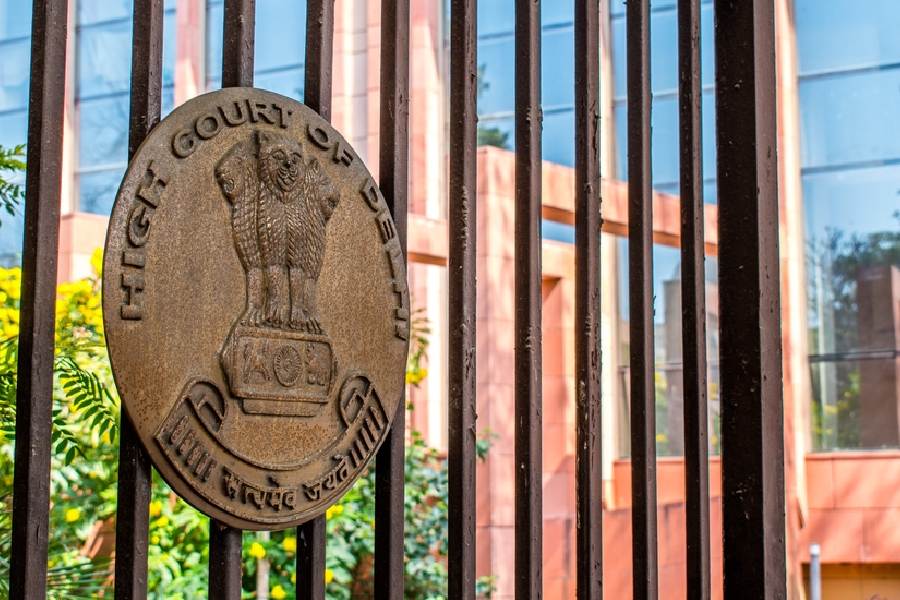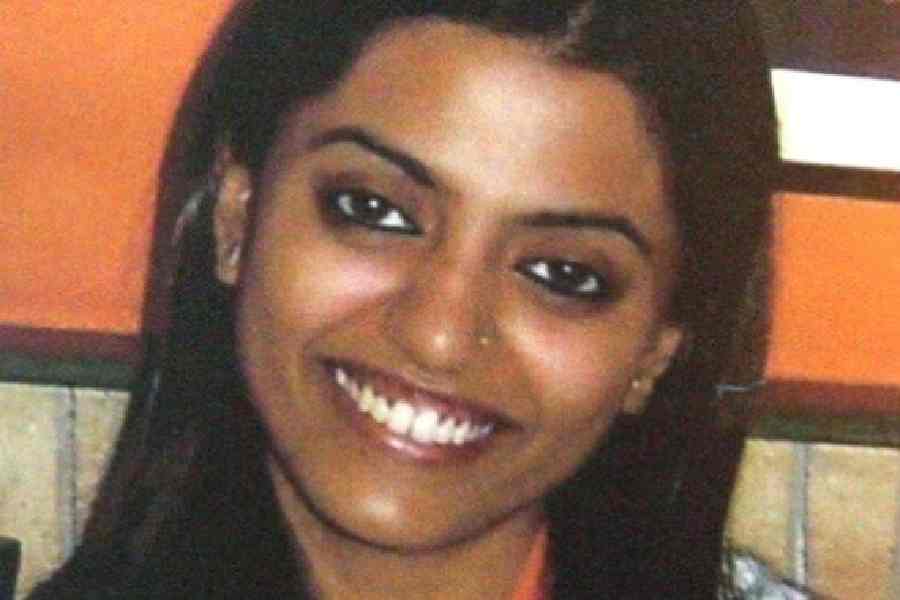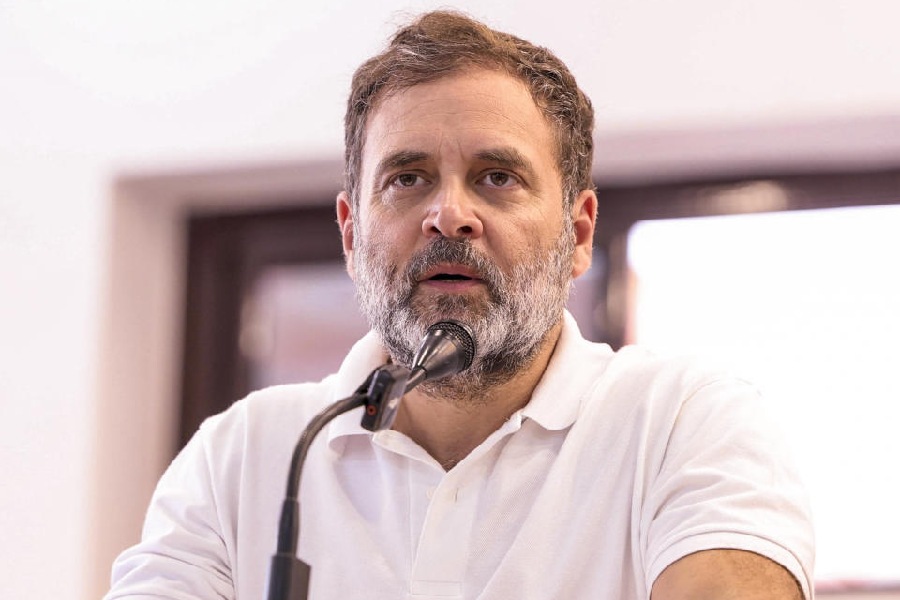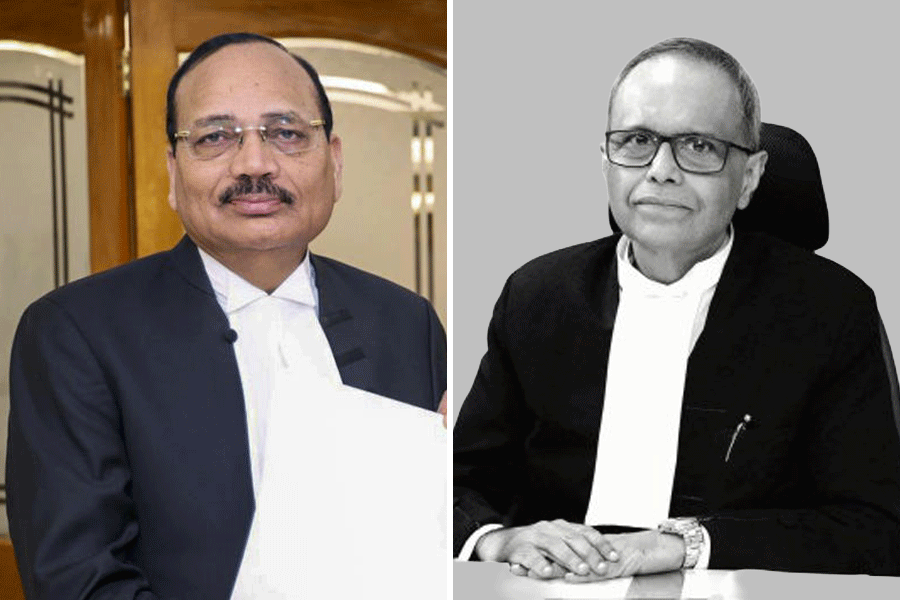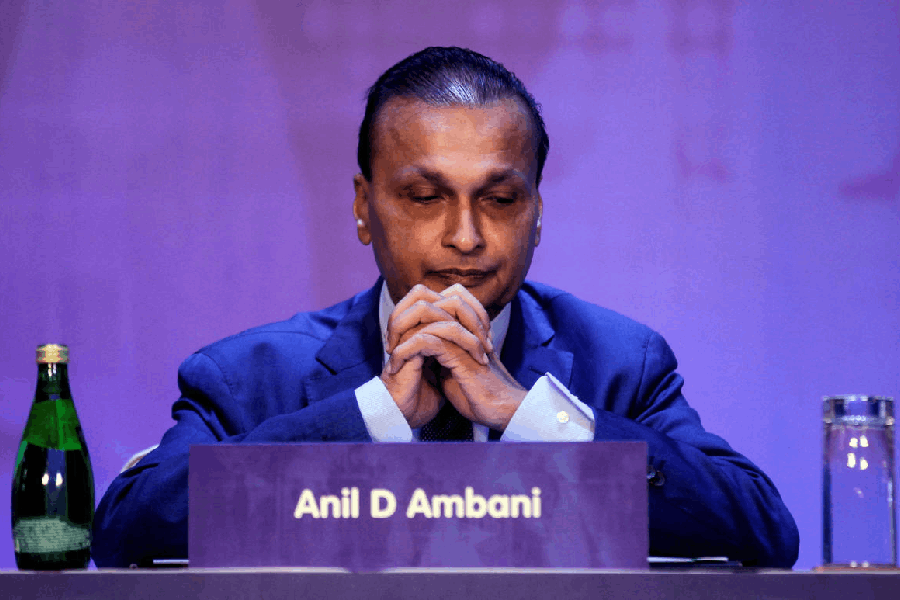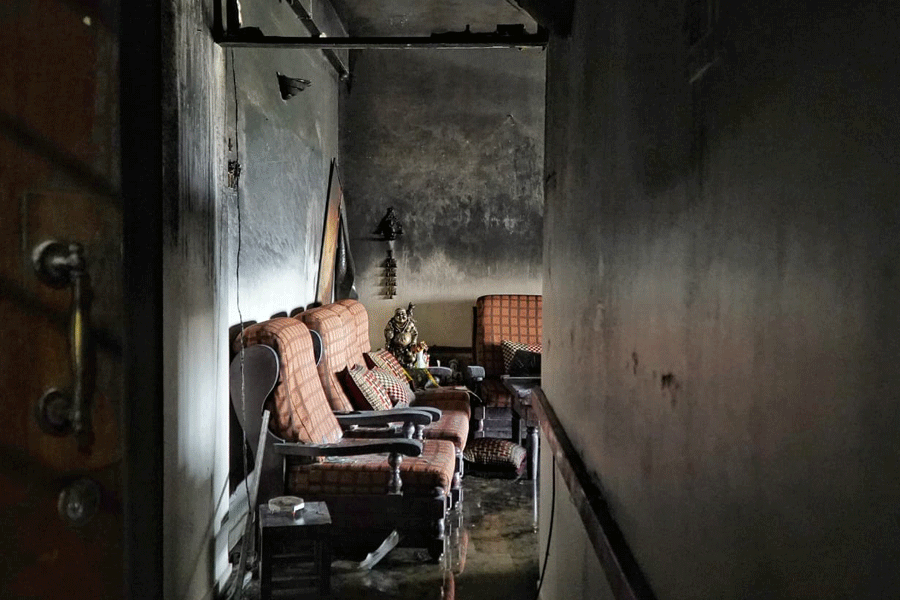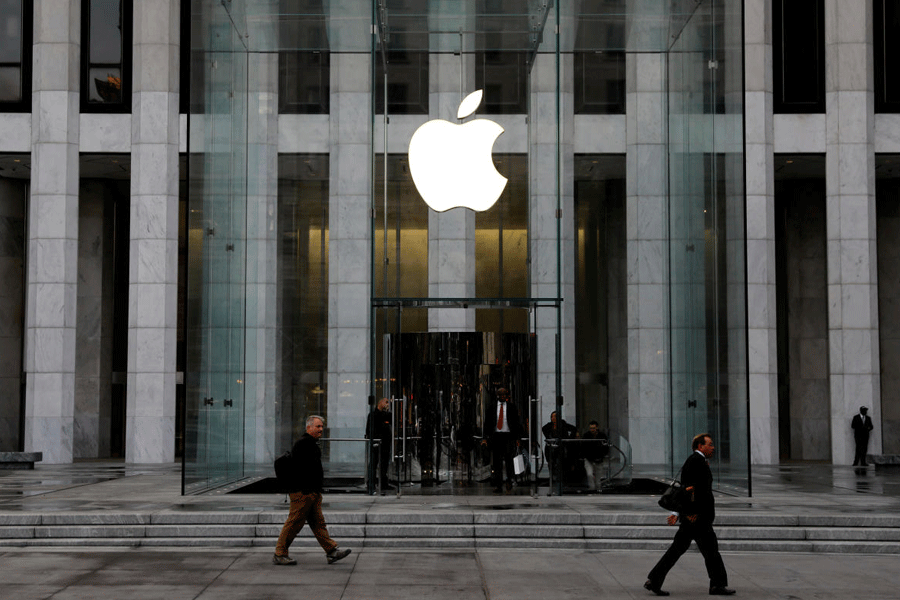Sixteen years after his arrest in the 2009 murder of IT executive Jigisha Ghosh, one of the convicts has been granted three weeks’ parole by the Delhi high court.
The convict had originally been sentenced to death by a trial court in 2016 for Jigisha’s murder. The punishment was later reduced to life imprisonment by the HC. In 2023, he was also handed a life sentence for Soumya Vishwanathan’s killing.
The high court’s order, passed on November 12, said that the decision was based on medical grounds and the state’s lack of opposition.
"The petitioner (convict) should not leave the limits of the National Capital Region (NCR) during the parole period … He should attend to his medical needs and continue his ongoing treatment for HIV during the period of parole," Justice Sanjeev Narula wrote.
The court’s order came on a plea challenging the authorities’ move to deny him furlough. The state’s counsel told the bench he had no objection to parole instead, as long as the convict remained within NCR limits and provided his residential address.
He added that given the convict’s HIV treatment, he should be allowed to manage his medical needs independently during the parole period.
Hearing this, defence counsel Anup Kumar Das said he would not press the petition further and accepted parole on those terms. He sought liberty to apply for furlough in the future.
The high court ordered the convict’s release on a personal bond of Rs 25,000 with one surety. He must surrender once the parole ends.
The case continues to carry weight in Delhi’s crime history. Jigisha Ghosh, 28, was abducted and killed on March 18, 2009, after her office cab dropped her home in Vasant Vihar at 4 am. Her body was recovered two days later near Surajkund.
The weapon recovered during the probe eventually led police to crack the killing of 25-year-old journalist Soumya Vishwanathan, who was shot dead in her car on September 30, 2008 while driving home after a late shift.
Police had cited robbery as the motive in both murders.

